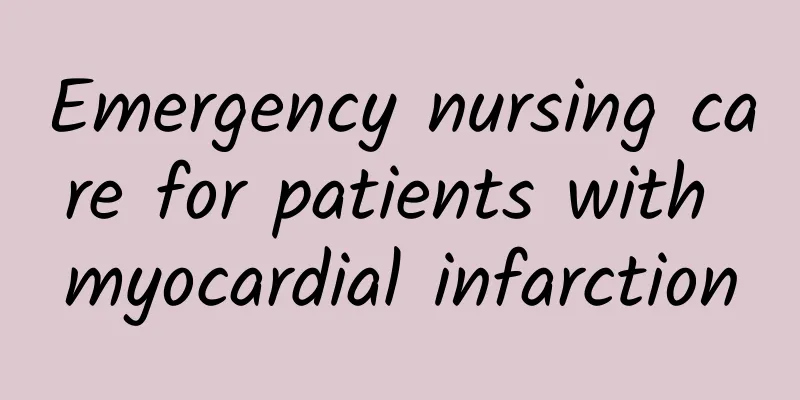How to treat iron deficiency anemia? Five steps

|
Iron is one of the important trace elements needed by the human body. If it is lacking, it can easily lead to iron deficiency anemia, which will affect human health and life. So how should iron deficiency anemia be treated? Array A. Increase animal food intake The direct way to prevent/treat iron deficiency or iron deficiency anemia is to increase dietary iron intake, mainly by consuming more iron-rich animal foods: such as pork liver, lean meat, eggs, animal whole blood, poultry, fish, etc. Vegetables do not contain high amounts of iron and their bioavailability is low. Iron deficiency anemia can be improved by increasing the intake of animal food, but it will also bring about problems of excess energy, protein, and lipids, so the iron supplementation diet must be moderate. B. Eat more foods rich in vitamin C Fresh vegetables and fruits are rich in vitamin C, which can increase the digestion and absorption rate of iron in the diet. Therefore, to prevent iron deficiency anemia, you should eat fresh vegetables and fruits regularly to promote the absorption of iron in the intestines. C. Iron-fortified foods Some iron-fortified foods currently on the market are also effective measures to improve iron nutrition, such as iron-fortified soy sauce and iron-fortified flour. People who are prone to iron deficiency, such as pregnant women, nursing mothers, infants, the elderly, and patients with gastrointestinal diseases, should supplement with iron-fortified foods or take iron supplements. D. Reduce factors that affect iron absorption Phytates, oxalates, carbonates and phosphates in plant foods can affect the absorption of iron. When eating vegetables rich in oxalate, you can blanch them in boiling water before cooking to reduce the oxalic acid content in the vegetables; the phytic acid-rich flour can be fermented to reduce the phytic acid content. Tannic acid in tea and polyphenols in coffee and cocoa can also affect the absorption of iron. People who are prone to iron deficiency, such as infants, pregnant women, nursing mothers, the elderly, and patients with gastrointestinal diseases should not eat or eat less of the above foods. Certain diseases, such as chronic digestive system diseases, parasitic infections, etc., may affect the absorption and utilization of iron. For iron deficiency caused by disease, iron should be supplemented in a timely manner in combination with the treatment of the primary disease. E. Oral iron supplementation After nutritional evaluation combined with clinical characteristics and physiological and biochemical examinations, if it is determined that trace elements are deficient and cannot be supplemented by daily diet, nutritional supplements can be taken in appropriate amounts, but the clinician's instructions should be strictly followed to avoid overdose. When iron is deficient, oral iron supplements such as ferrous sulfate, iron dextran, ferrous gluconate, and sorbitol iron can be used. |
<<: What are nipple diseases? Common sense for women
>>: How is ovarian cyst puncture performed?
Recommend
Can I drink alcohol if I have pneumonia? Why can't I eat seafood if I have pneumonia?
As the year draws to a close, there have been sev...
4 types of female relationships that are incredible in the eyes of men
Women who have close contact with the opposite se...
14 days after delivery, lochia and blood
Postpartum lochia is the secretion that appears i...
Seven months pregnant with no pain
When a woman is seven months pregnant, she is alr...
What are the consequences of the uterus being sometimes anterior and sometimes posterior?
The uterus is very important to every woman. It i...
How many days after caesarean section can I take a bath
With the advancement of medical technology, more ...
How long is the delay of menstruation considered normal?
As we all know, in addition to pregnancy, many gy...
Can I eat bananas during menstruation?
Banana is actually a kind of fruit. Many people l...
What should I do if my menstruation does not come during menopause?
Most female friends will experience varying degre...
How to fry small fish so that the fish bones are crispy? How to fry small fish so that the fish bones are crispy
Big fish can be used in soup or braised, while sm...
Why do pregnant women's hands peel?
Many pregnant women experience peeling of their h...
How long does it take to remove the ring? How to remove the ring
IUD insertion is a method of contraception, but m...
What is the cause of the brown vaginal discharge?
Women's bodies are very prone to inflammation...
Why do female pubic hair turn white?
Armpit hair is a type of hair that appears after ...









